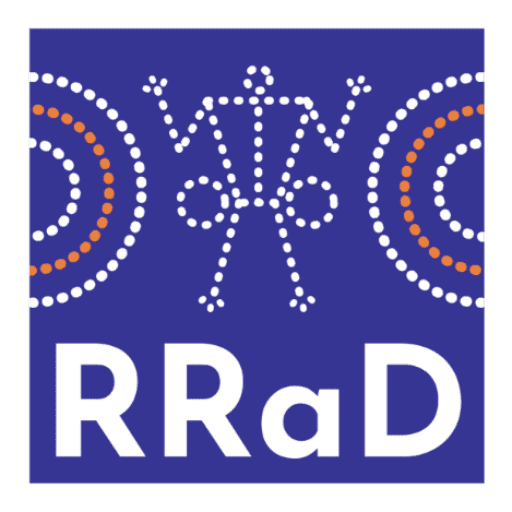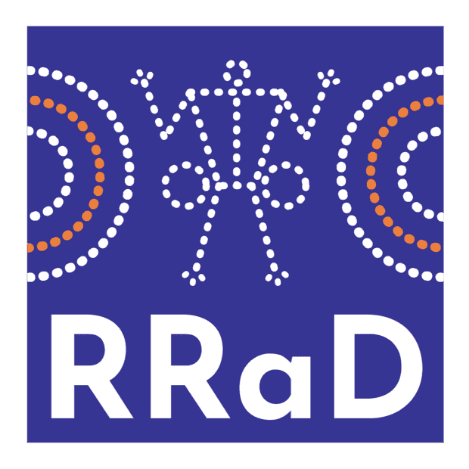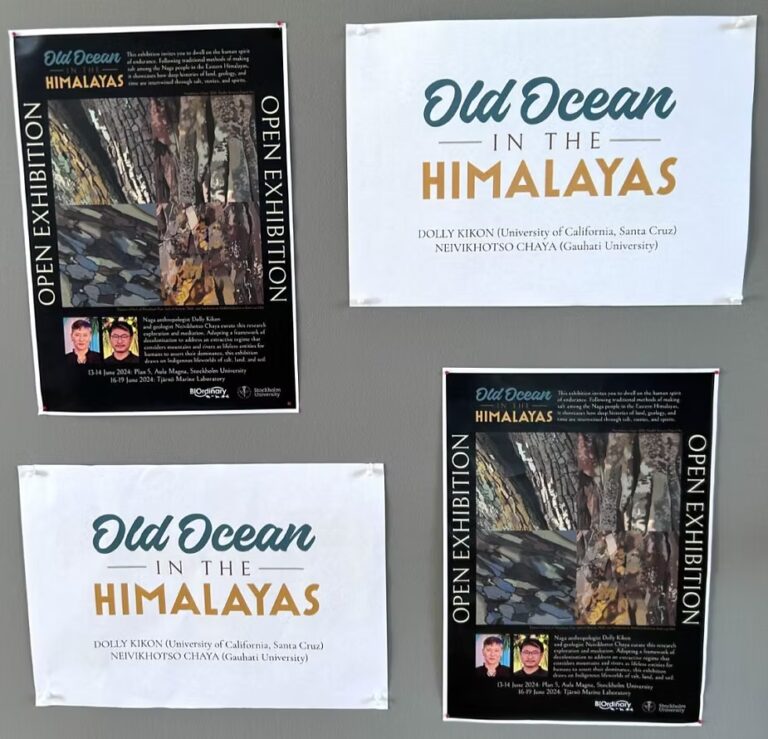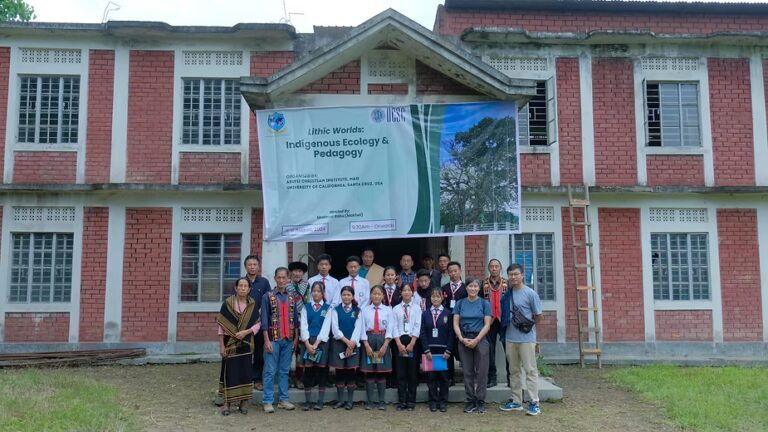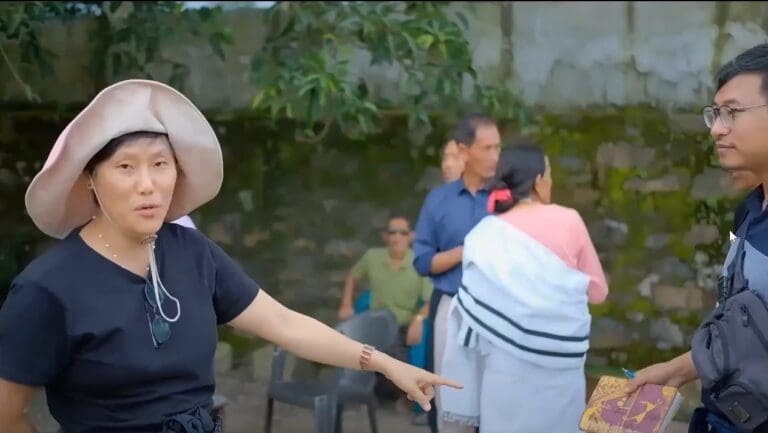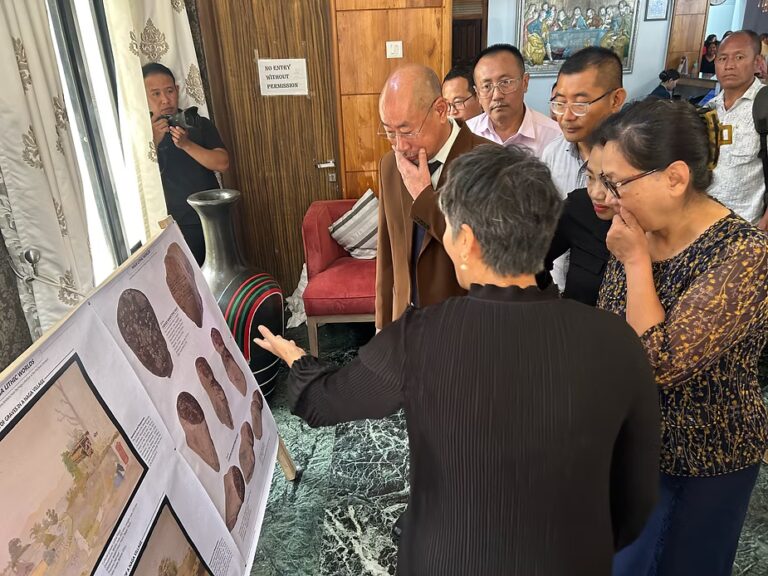Some Reflections
By – Dr. Asangba Tzudir
The weeklong visit of the Naga delegation to the Pitt Rivers Museum, Oxford, is a significant step in the process of Naga Repatriation which resulted in the June 13, 2025 signing of “the Naga Oxford Declaration on Naga Repatriation”, a solemn and unified statement issued by Naga tribal leaders and community representatives. Besides the journey of common hope and healing, this declaration provides the much needed ‘form’ to the whole journey of Naga Repatriation in locating the ‘Naga Delegation’ and the journey of Naga Repatriation within the broader part of a growing movement among Indigenous communities around the world calling for the repatriation of human remains, sacred objects, and cultural heritage items taken during colonial times.
It declares the Naga people’s commitment to the repatriation of their ancestors and highlights the spiritual, cultural, and ethical significance of this process while also recognising the colonial violence and historical injustices and also acknowledging that the human remains and cultural objects were taken without the free, prior, and informed consent of the Naga communities. The declaration in itself is an acknowledgment of Naga Ancestors while recognizing their enduring presence as storytellers of Naga history and identity. While also acknowledging the delay, it also rejuvenates the forward process of reclaiming and also return of the remains which are “neither specimens nor collectibles.” This understanding invokes a deep spirit and a process of healing thereby addressing colonial wounds and cultural loss.
The declaration is representative of a collective Naga voice representing all Naga tribes, and calls for mutual respect while giving the most dignified closure. In doing so, Nagas have expressed a Global Solidarity to Indigenous peoples around the world who are engaged in similar struggles, hoping for shared justice, peace, and decolonization. As such, the declaration is a powerful cultural and political statement marking the start of a formal process of bringing back the ancestral remains. On the whole, the visit of the Naga delegation marks the first direct engagement of Naga representatives with the museum to reclaim their ancestors which is part of a wider global move toward decolonisation and Indigenous justice.
The broader ethical shift that led Pitt Rivers to remove all human remains from public display back in 2020 has also opened up a new form of sovereignty where Nagas can come together and make an assertive claim over knowledge and cultural heritage. This in turn contributes to a new wave of Naga cultural activism, asserting sovereignty over knowledge and heritage thereby opening up newer vistas and pathways to reclaim and reshape Naga cultural heritage and historical narratives.
Now, after this historic visit of the Naga Delegation to PRM, Oxford, one would expect the next focus to be on making formal claims. While that itself is not easy, the idea of the closure to this repatriation journey needs to move beyond returning of ancestral remains, or on cultural care; possible burial rites, and possibly establishing local monuments for collective healing. The closure or the ‘end’ should not be treated as the end, but the end should be imaginatively located within a continuous process, for Naga Repatriation is not the end but a process, and where Nagas for generations to come will be able to generate meaning and continue to live in the process.
(Dr. Asangba Tzudir contributes a weekly guest editorial to the Morung Express. Comments can be emailed to asangtz@gmail.com)
First published in The Morung Express July 1 2025
Link: https://morungexpress.com/the-naga-oxford-declaration-on-repatriation-1
